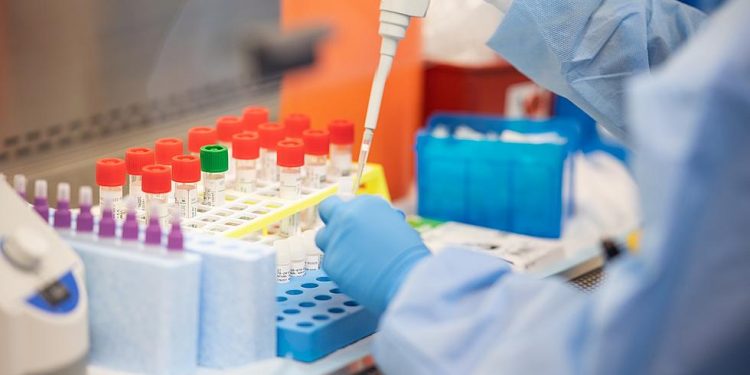Guru Prasad Mohanta
The Indian Prime Minister, while addressing the G20 leaders’ extraordinary virtual summit on COVID–19, called for sharing of technical knowhow, ensuring free and open access to medical research for the benefit of mankind. This should be the mantra for new globalisation and greater international cooperation for the collective well-being of mankind. This is the first time G20 leaders discussed an issue outside economy.
Countries have been reluctant to openly share technologies globally. These have instead been used to show supremacy or profit in mind. The Swiss pharmaceutical company, Roche, is unable to meet the demand for coronavirus testing kits, but is unwilling to share key information with laboratories to help them carry out mass testing. Access to the diagnostic test is one key requirement in controlling the spread of novel coronavirus and in protecting healthcare providers. This is one reason why the Netherlands is not carrying out mass testing. The company, in a denial mode, opined that it will “not guarantee the safety and reliability of the quality and test results if the reagents required for the test are manufactured outside their own production network”.
India also depends on the import of Roche’s kit, but indigenously developed kits are being made available to overcome the shortage. Shortage of kits is also one reason for very few people being tested, considering the size of our population. The current lack of access to diagnostic tests in many countries is largely due to the sharing of rights in the data, knowledge and technology with respect to reagents.
While there is no drug or vaccine against CoVID-19 at the moment, researchers throughout the globe have been trying to find a cure. There are apprehensions that if a new remedy is found, will it be available or affordable to everyone who needs it. The pharmaceutical company Gilead Sciences, has obtained “orphan” drug status for its antiviral drug, remdesivir, one of the most promising cure.
The drug is not new but is for now used as a possible cure for COVID–19. The orphan drug status allows the pharmaceutical company to profit exclusively for seven years from the product. Fortunately, bowing public pressure, within 2 days of receiving monopoly status, the company has asked USFDA to rescind “orphan drug” status. The preliminary results of the clinical trials are expected only in April, and the company is non-committal on its monopoly status globally as it has filed for patent in more than 70 countries.
Meanwhile, Carlos Alvarado Quesada, the president of Costa Rica, a small Spanish speaking nation in Central America, has urged the World Health Organization (WHO) to launch an initiative that would “pool rights to technologies that are useful for the detection, prevention, control and treatment of COVID–19 pandemic”. He has also called for a “repository of information on diagnostic tests, devices, medicines or vaccines, with free access or licencing on reasonable and affordable terms”. The public availability of data and information would promote rapid research and development, besides avoiding duplication of research. Indeed, this would enhance competitive and accelerated production of needed COVID–19 remedies to diagnostic kits to vaccines. Such initiatives provide opportunities to expand our capacity to address the need for products affordable to all.
This is not the time to lock up research and technology for corporate profit, but for collaboration and openness. It is time to pool our knowledge and resources, including technology and knowhow, in a way that respects and rewards everybody’s contribution and investment and successfully fights against the unprecedented health crisis that has forced us to living under forced social distancing.
The pandemic has created an extraordinary situation. It requires extraordinary measures. The whole of mankind wishes that global leaders would override the monopoly of intellectual property rights and make research available for use by everyone at this juncture when we are fighting the health- and economy-destroying pandemic COVID–19.
The writer is a professor of pharmacy, Annamalai University, Tamil Nadu.






































